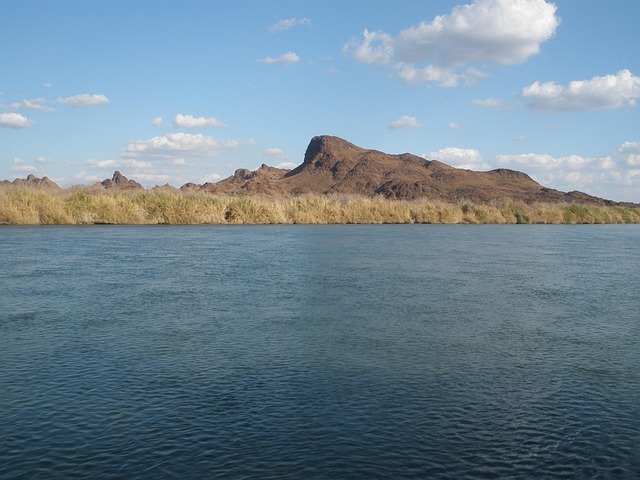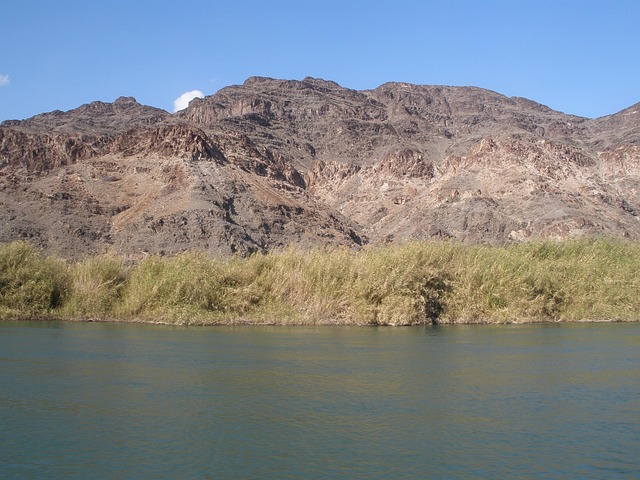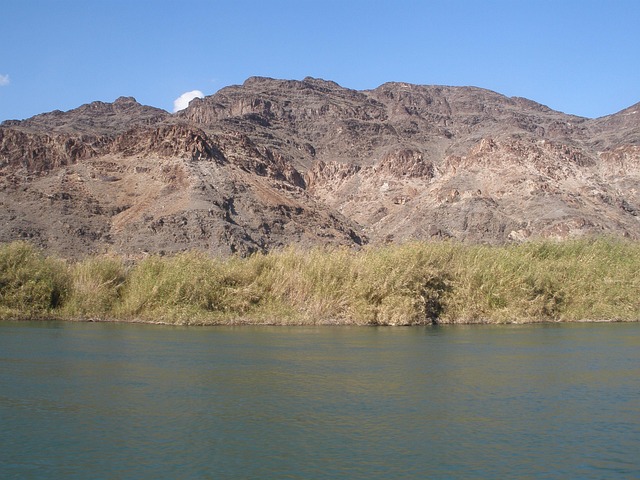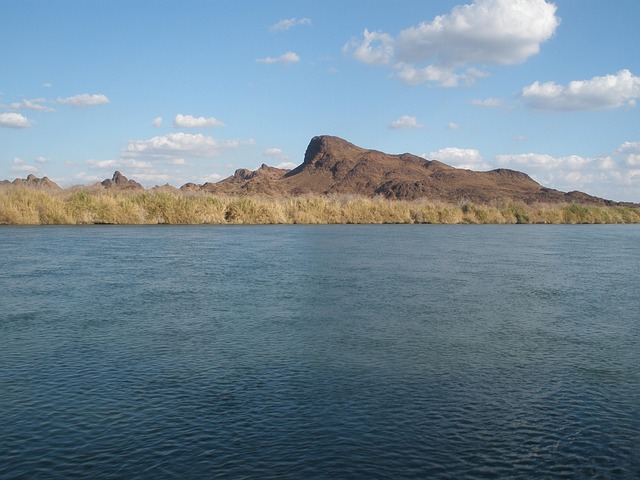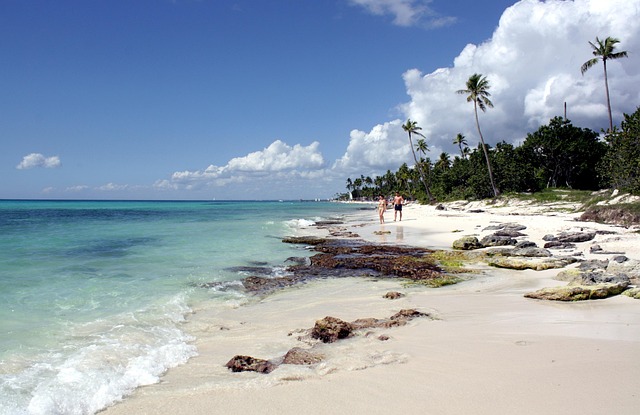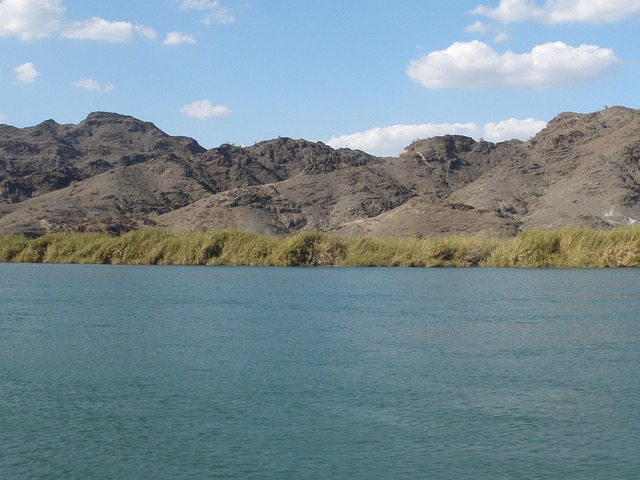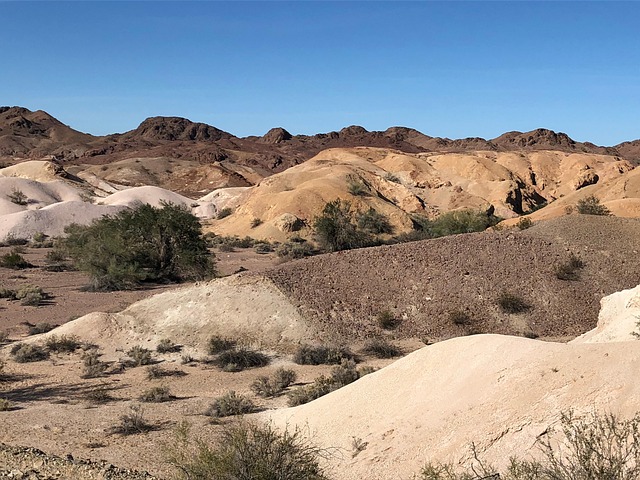Desert cities offer lucrative real estate opportunities due to their affordable living, scenic landscapes, and unique culture. Festivals showcasing traditional heritage attract investors, making these locations prime for development. Real estate professionals must balance growth with environmental conservation through green spaces, eco-friendly infrastructure, and sustainable practices to preserve the desert's distinct character while fostering community development.
In the heart of arid landscapes, desert cities have blossomed with vibrant cultural events, transforming once-unassuming locales into bustling hubs of activity. This unique blend of diverse attractions and extreme climates presents intriguing real estate opportunities. From architectural marvels designed to withstand harsh conditions to communities that embrace sustainable development, these cities offer a fascinating interplay of modern growth and ancient heritage. Discover how investors are flocking to these destinations, exploring untapped potential in the realm of real estate.
Unveiling Unique Real Estate Opportunities in Desert Cities
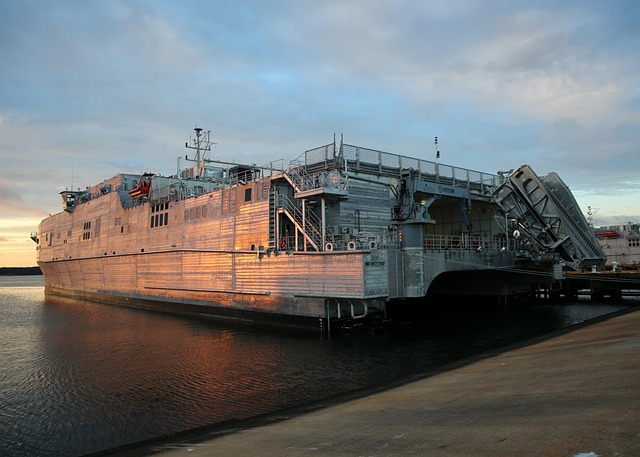
Desert cities, known for their vibrant cultural events and unique climate, also present a plethora of real estate opportunities. The demand for homes in these areas has been on the rise, driven by the allure of affordable living, breathtaking landscapes, and a distinct lifestyle. Investors and residents alike are drawn to the spacious plots, modern amenities, and stunning architectural designs that define desert real estate.
These cities offer a chance to invest in properties that seamlessly blend with the natural environment, featuring expansive backyards, private pools, and panoramic views. The growing popularity of remote work has further fueled interest in desert homes, as they provide a peaceful retreat from bustling city life while still offering easy access to cultural events and vibrant communities.
Cultural Festivals: Luring Investors to Arid Landscapes
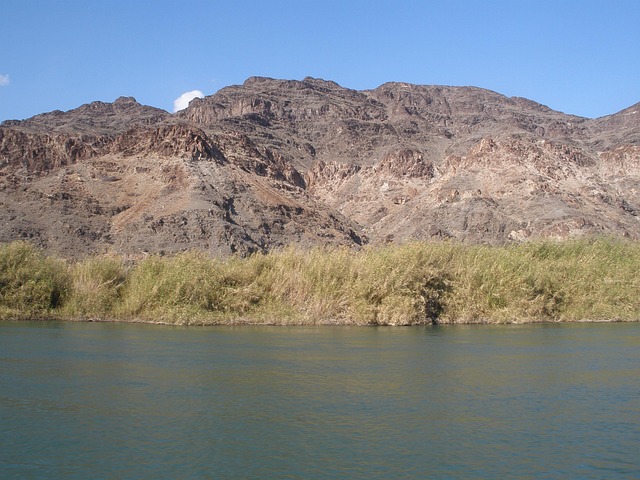
Cultural festivals have become powerful tools in transforming arid landscapes into bustling centers of attraction, captivating investors and tourists alike. These vibrant events offer a unique blend of traditional heritage, artistic performances, and culinary delights, showcasing the richness of local cultures that thrive in desert climates. By incorporating such festivals, real estate developers can create destinations that not only attract visitors but also foster economic growth.
The strategic placement and design of event venues within scenic desert backdrops provide breathtaking experiences, encouraging investors to recognize the untapped potential of these areas. This approach not only enhances the local tourism industry but also contributes to sustainable development by preserving cultural traditions while creating job opportunities and boosting infrastructure. With the right promotion and organization, desert-based cultural festivals can become iconic game changers, drawing significant investments towards real estate projects that celebrate and incorporate the unique allure of arid landscapes.
Sustainable Development: Balancing Growth and Desert Heritage
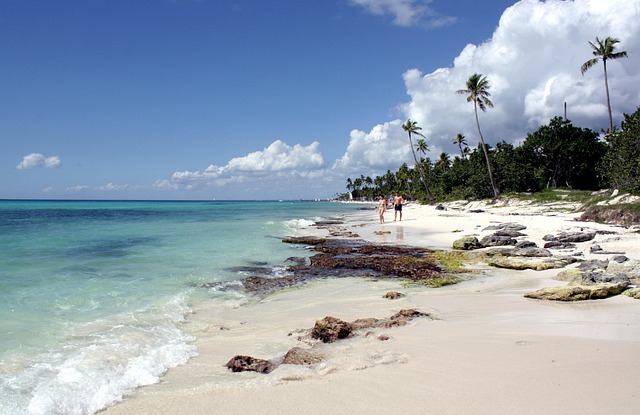
In the context of a bustling desert climate, the integration of vibrant cultural events and sustainable development presents a unique challenge for real estate professionals. As cities grow and evolve, preserving the rich heritage embedded in these arid landscapes becomes paramount. Balancing urban expansion with environmental stewardship is crucial to ensure that the region’s distinctive character endures. Real estate developers play a pivotal role in this equation by adopting innovative strategies to minimize their ecological footprint while fostering community growth.
This duality can be achieved through thoughtful land-use planning, incorporating green spaces and eco-friendly infrastructure into urban designs. Additionally, leveraging renewable energy sources and implementing water conservation practices are essential steps towards creating sustainable habitats that harmonize with the desert environment. By embracing these principles, real estate can drive economic development while respecting and preserving the region’s unique cultural tapestry for future generations.
